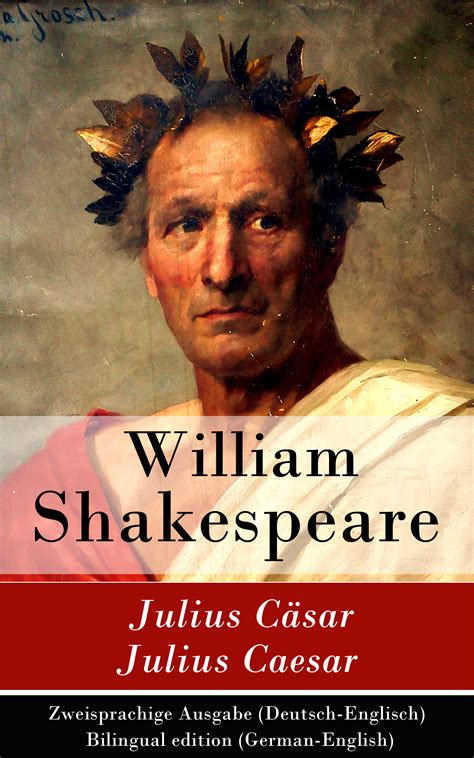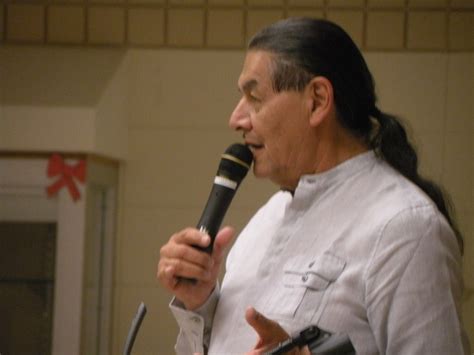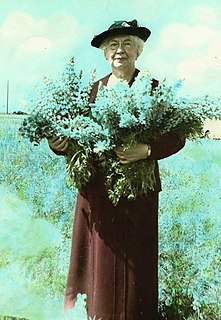A Quote by Gordon B. Hinckley
We are all prone to brood on the evil done us. That brooding becomes as a gnawing and destructive canker. Is there a virtue more in need of application in our time than the virtue of forgiving and forgetting? There are those who would look upon this as a sign of weakness. Is it? I submit that it takes neither strength nor intelligence to brood in anger over wrongs suffered, to go through life with a spirit of vindictiveness, to dissipate one’s abilities in planning retribution. There is no peace in the nursing of a grudge. There is no happiness in living for the day when you can ‘get even.
Quote Topics
Anger
Application
Becomes
Brood
Brooding
Day
Destructive
Done
Even
Evil
For The Day
Forgetting
Forgiving
Get
Go
Grudge
Happiness
Intelligence
Life
Living
Look
Look Up
More
Need
Neither
Nor
Nursing
Our
Our Time
Over
Peace
Planning
Prone
Retribution
Sign
Spirit
Strength
Submit
Suffered
Takes
Than
Those
Through
Time
Us
Vindictiveness
Virtue
Weakness
Would
Wrongs
Related Quotes
Confronting our feelings and giving them appropriate expression always takes strength, not weakness. It takes strength to acknowledge our anger, and sometimes more strength yet to curb the aggressive urges anger may bring and to channel them into nonviolent outlets. It takes strength to face our sadness and to grieve and to let our grief and our anger flow in tears when they need to. It takes strength to talk about our feelings and to reach out for help and comfort when we need it.
Eyes are bold as lions,--roving, running, leaping, here and there, far and near. They speak all languages. They wait for no introduction; they are no Englishmen; ask no leave of age or rank; they respect neither property nor riches, neither learning nor power, nor virtue, nor sex, but intrude, and come again, and go through and through you in a moment of time. What inundation of life and thought is discharged from one soul into another through them!
Once we have forgiven, however, we get a new freedom to forget. This time forgetting is a sign of health; it is not a trick to avoid spiritual surgery. We can forget because we have been healed. But even if it is easier to forget after we forgive, we should not make forgetting a test of our forgiving. The test of forgiving lies with healing the lingering pain of the past, not with forgetting the past has ever happened.
Weakness and strength are necessary for balance. No one or nothing is only weak or only strong. But some of us overlook our weaknesses, and even deny that we have them. That can be dangerous, because denying there is a weakness is in itself a weakness. Likewise, accepting that we have weaknesses becomes a strength. And by the same token, overestimating strength is a weakness. You should not be blinded by your strengths. The feeling of strength is not the same as having strength. Neither should you ignore your weaknesses. Know them well, too.
Is there no virtue among us? If there be not, we are in a wretched situation. No theoretical checks-no form of government can render us secure. To suppose that any form of government will secure liberty or happiness without any virtue in the people, is a chimerical idea, if there be sufficient virtue and intelligence in the community, it will be exercised in the selection of these men. So that we do not depend on their virtue, or put confidence in our rulers, but in the people who are to choose them.
God has so ordered, that in pressing on in duty we shall find the truest, richest comfort for ourselves. Sitting down to brood over our sorrows, the darkness deepens about us and creeps into our heart, and our strength changes to weakness. But, if we turn away from the gloom, and take up the tasks and duties to which God calls us, the light will come again, and we shall grow stronger.
Souls that have lived in virtue are in general happy, and when separated from the irrational part of their nature, and made clean from all matter, have communion with the gods and join them in the governing of the whole world. Yet even if none of this happiness fell to their lot, virtue itself, and the joy and glory of virtue, and the life that is subject to no grief and no master are enough to make happy those who have set themselves to live according to virtue and have achieved it.
Those then who know not wisdom and virtue, and are always busy with gluttony and sensuality, go down and up again as far as the mean; and in this region they move at random throughout life, but they never pass into the true upper world; thither they neither look, nor do they ever find their way, neither are they truly filled with true being, nor do they ever taste of pure and abiding pleasure.
Through inculcating the notion that sacrifice is a virtue, Christianity has succeeded in convincing many people that misery incurred through sacrifice is a mark of virtue. Pain becomes the inignia of morality - and conversely, pleasure becomes the insignia of immorality. Christianity, therefore, does not say, "Go forth and be miserable." Rather, it says, "Go forth and practice the virtue of self-sacrifice." In practical terms, these commands are identical.





































